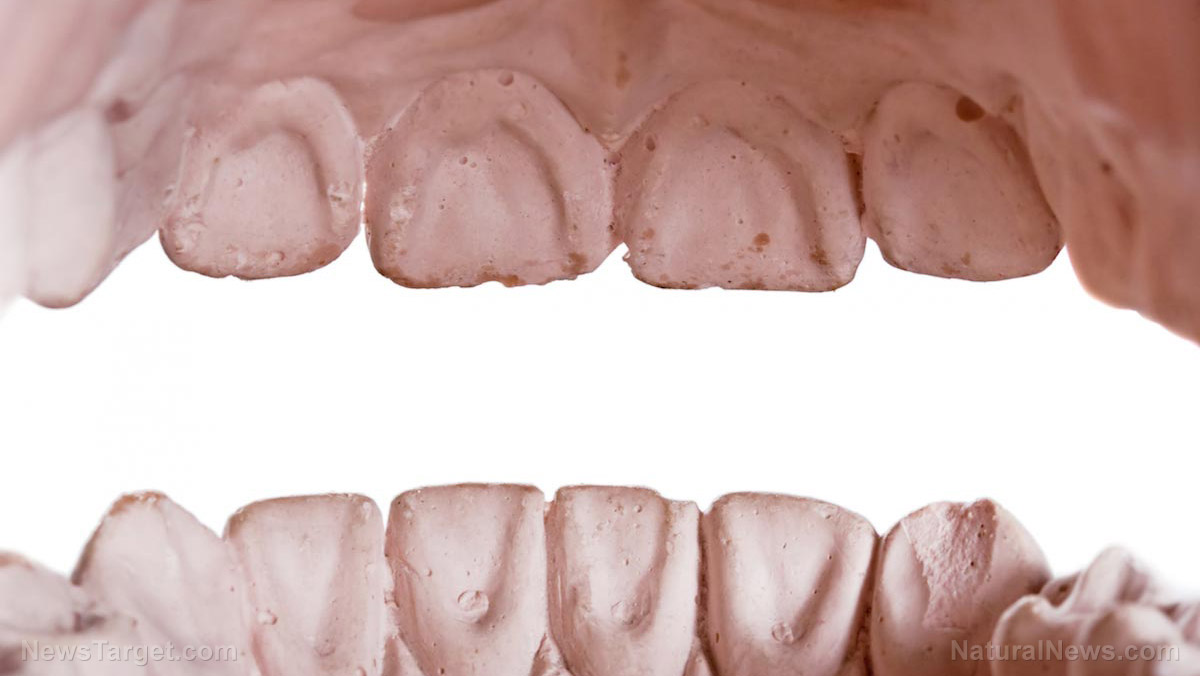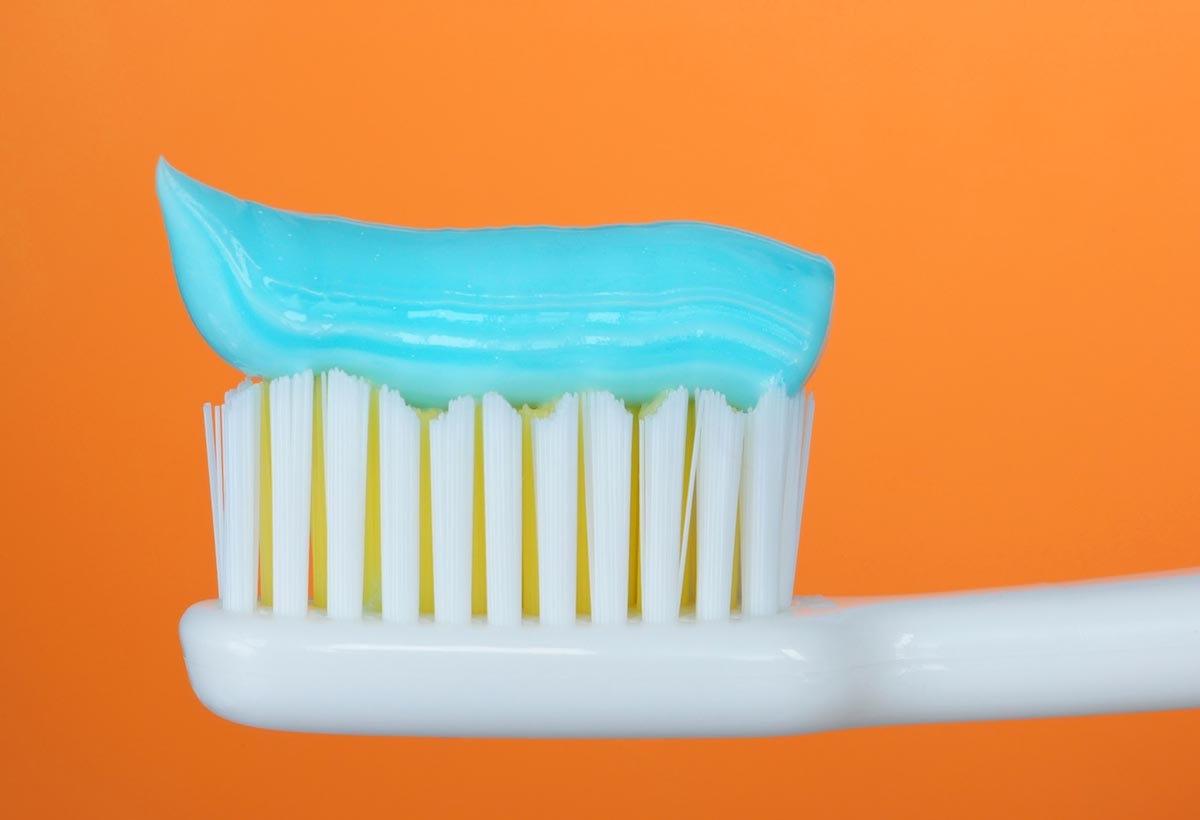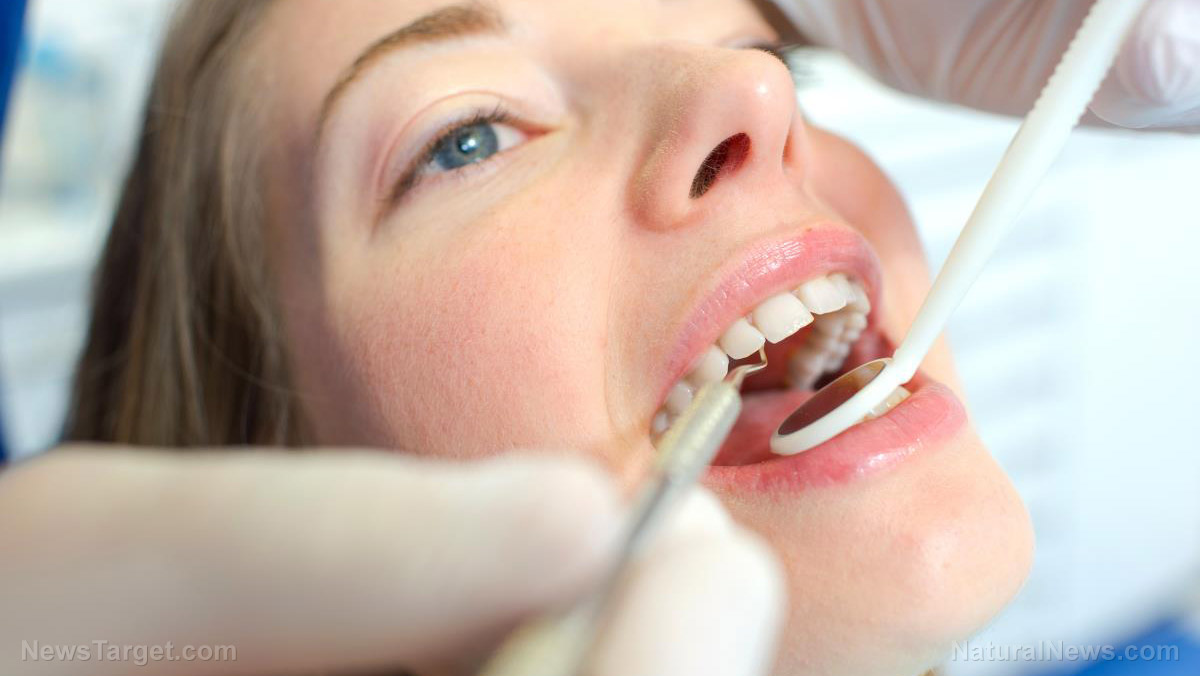Eat your way to good oral hygiene with an anti-inflammatory plant-based diet
08/26/2019 / By Zoey Sky

A plant-based diet is good for your overall well-being. According to a study published in the Journal of Clinical Periodontology, following a whole food diet of fresh fruits and vegetables can improve your oral health and naturally reduce the symptoms of gingivitis.
Foods for oral health
In the randomized trial, researchers observed 30 patients with gingivitis. The participants were randomly divided into an experimental and a control group.
The experimental group followed a diet that was low in processed carbohydrates and animal proteins. The volunteers consumed whole foods full of antioxidants, fiber, omega-3 fatty acids, plant nitrates, and vitamins C and D for four weeks. (Related: Eat more polyphenols for better oral health.)
Those in the control group didn’t change their diet. All of the volunteers were instructed to refrain from using dental floss and other tools to clean between their teeth.
The results showed that there were no difference regarding the plaque values of the two groups. However, the experimental group experienced a significant reduction in gingival bleeding. The participants from the group also reported an increase in vitamin D values and weight loss.
Dr. Johan Woelber, the study’s lead author from the University of Freiburg in Germany, explained that following “an optimized diet that also promotes general health” helped naturally reduce gingivitis symptoms.
The researchers advised that dentists should also consider a patient’s dietary habits and give proper recommendations for the treatment of gingivitis, especially since the condition could be “a side effect of a pro-inflammatory western diet.”
Understanding gingivitis
A person with gingivitis has inflamed gums. The condition is often caused by a bacterial infection.
When left untreated, gingivitis can become a more serious infection called periodontitis. The American Dental Association warns that gingivitis and periodontitis are major causes of tooth loss in adults.
Your gums attach to the teeth at a lower point than the gum edges your eyes can see, and this forms a small space called a sulcus. Food and plaque can get trapped in a sulcus, which causes a gum infection or gingivitis.
Plaque is a thin film of bacteria that constantly forms on the surface of your teeth. As plaque advances, it hardens and turns into tartar. Plaque that extends below your gum line may turn into an infection.
Untreated gingivitis can make your gums separate from the teeth. This may cause injury to the soft tissue and bone supporting your teeth. Gingivitis can make your teeth loose and unstable.
Here are some of the risk factors for gingivitis:
- Broken fillings
- Compromised immunity (e.g., AIDS, HIV, etc.)
- Crooked teeth
- Diabetes
- Genetic factors
- Pregnancy
- Smoking or chewing tobacco
- Taking medications (e.g., anticonvulsants, calcium channel blockers, chemotherapy, oral contraceptives, and steroids)
You may have gingivitis if you experience the following symptoms:
- Foul-smelling breath that doesn’t go away even after brushing your teeth
- Gums that bleed when you brush or floss
- Gums that are red, swollen, or tender
- Gums that have pulled away from the teeth
- Loose teeth
- Pain when chewing
- Pus between teeth and gums
- Sensitive teeth
The best way to prevent gingivitis is by having proper and consistent oral hygiene. Brush your teeth at least twice daily.
Proper nutrition for healthy teeth
You should also follow a balanced diet full of nutritious foods. Foods rich in calcium, like almonds, cheese, dark green leafy vegetables, milk, and yogurt, all promote strong teeth and bones.
Foods that contain phosphorus, like eggs, dairy, fish, lean meat, nuts, and beans, make your teeth stronger. Vitamin C promotes gum health, and sources include citrus fruits, broccoli, peppers, potatoes, spinach, and tomatoes.
Prevent gingivitis by eating fresh fruits and vegetables and practicing proper oral hygiene.
Sources include:
Tagged Under: anti-inflammatory, dental hygiene, dental plaque, Diets, fiber, functional food, gingivitis, inflammation, natural cures, natural medicine, omega-3 fatty acids, oral care, oral health, plant-based diet, prevention, remedies, vitamins, whole food diet
RECENT NEWS & ARTICLES
COPYRIGHT © 2017 DENTISTRY NEWS



















